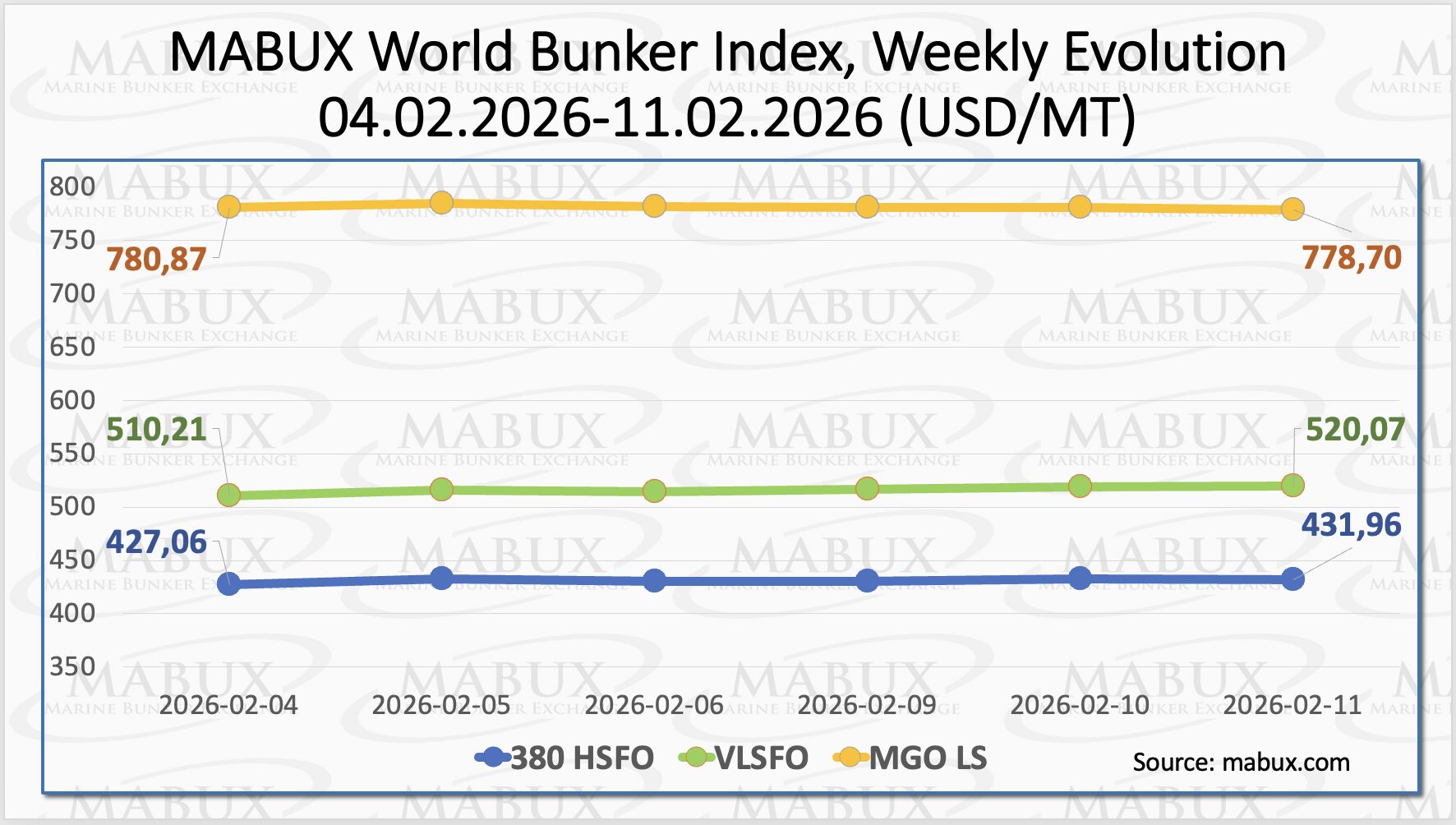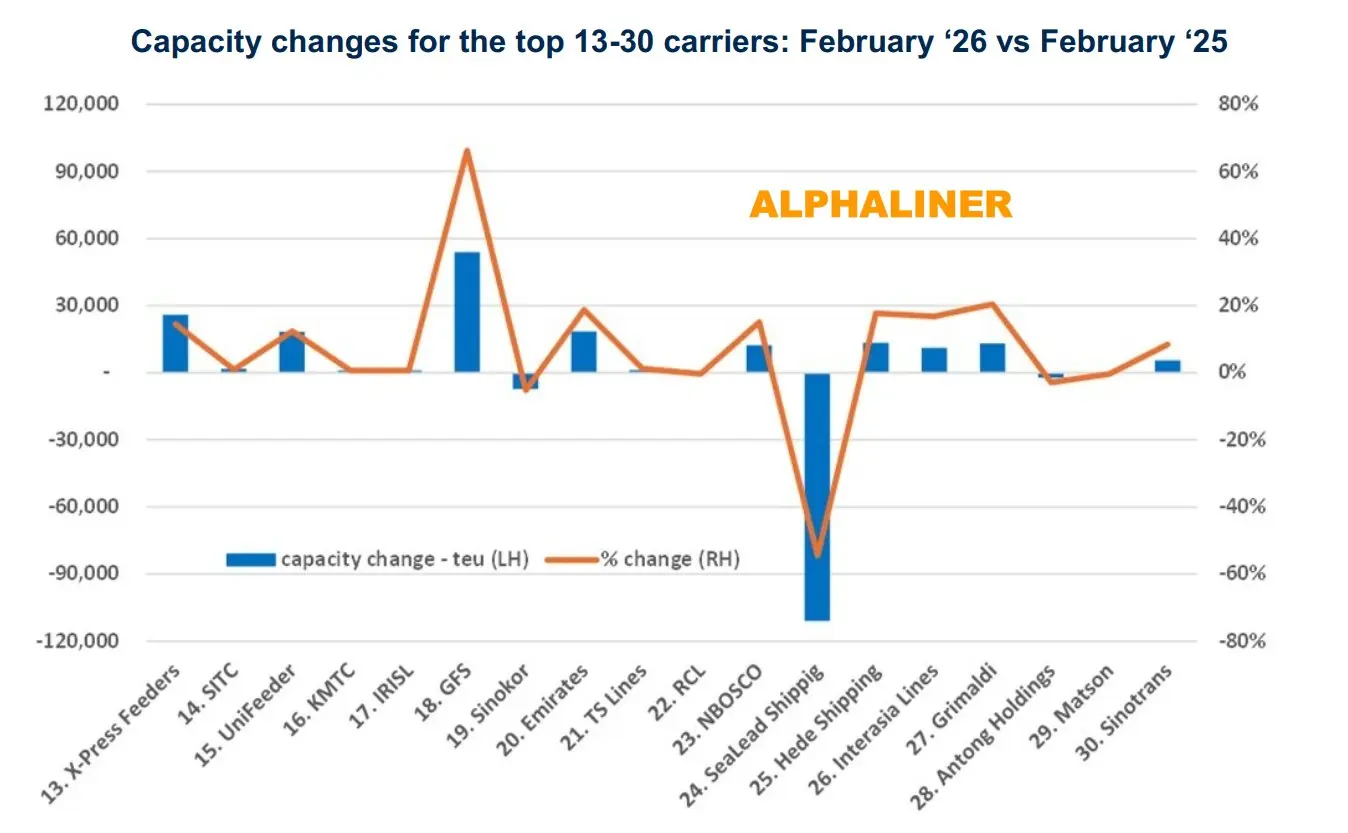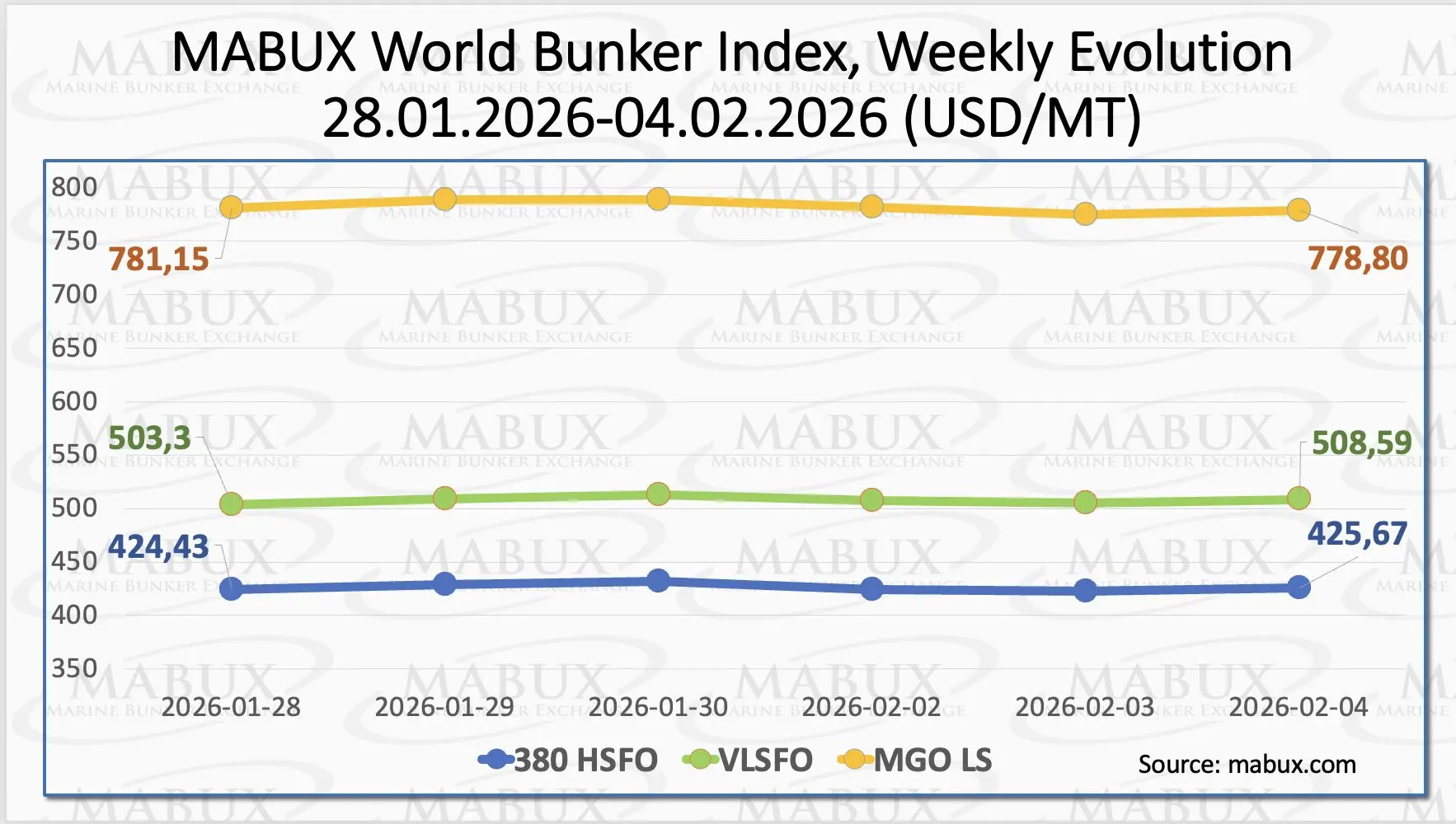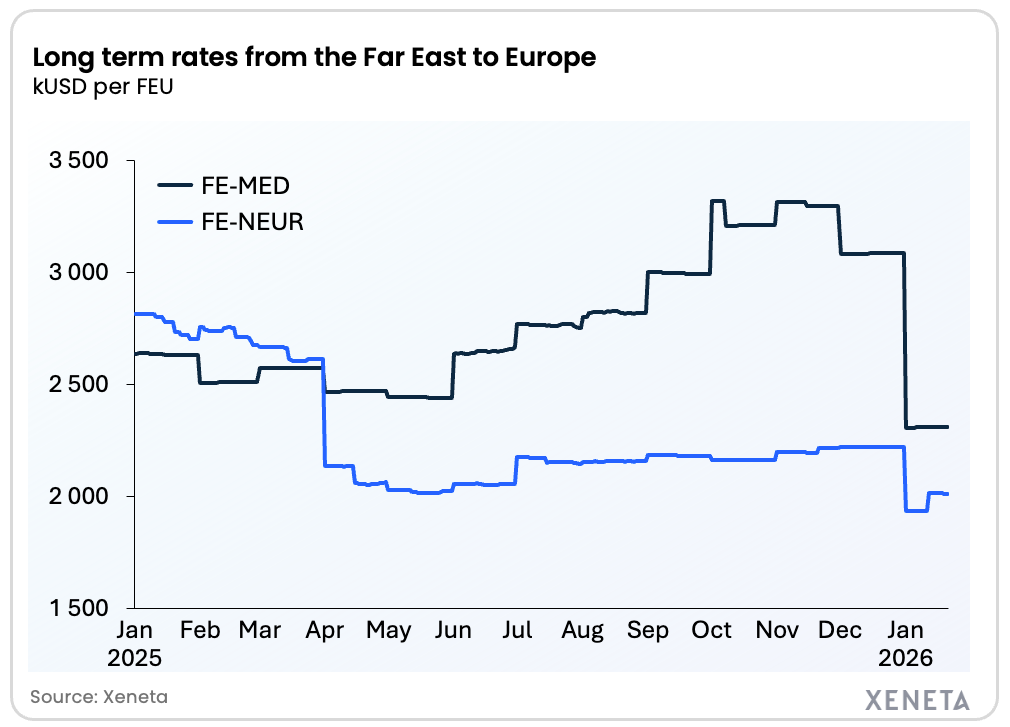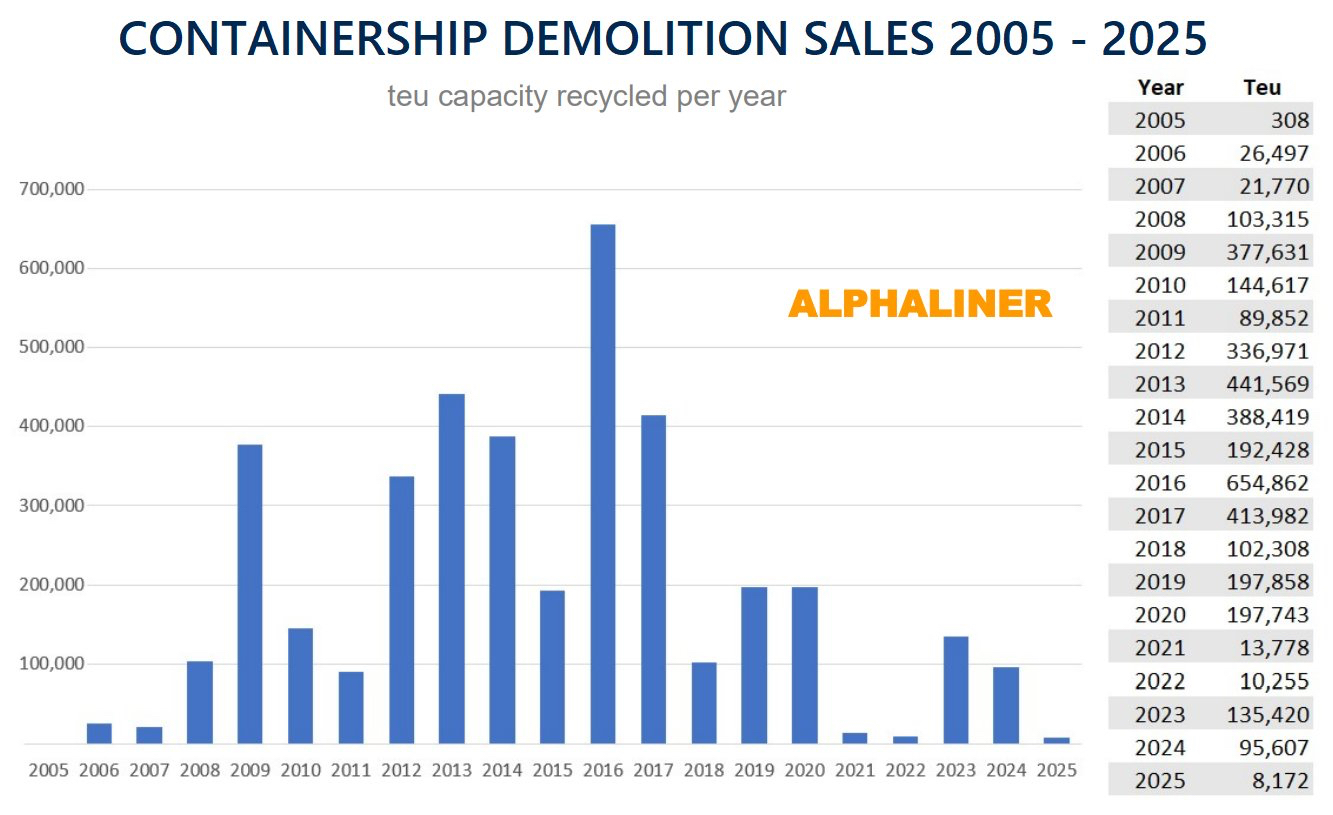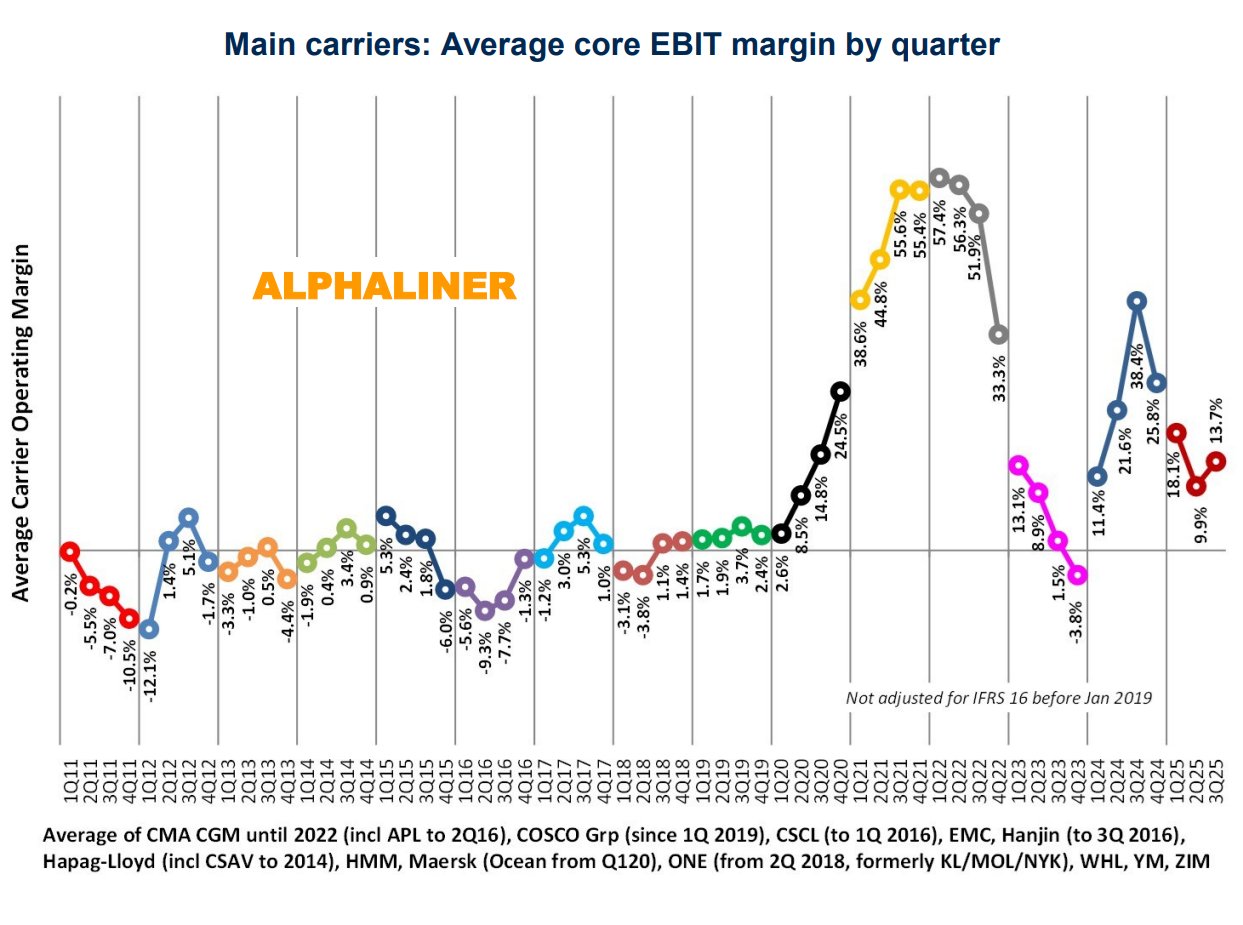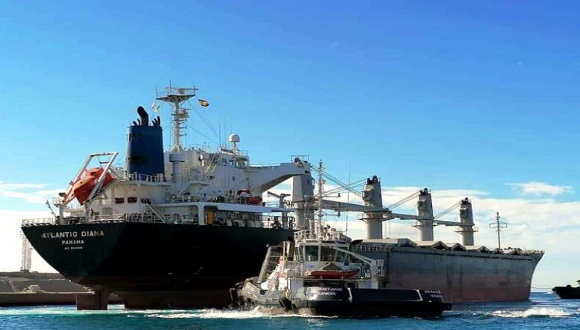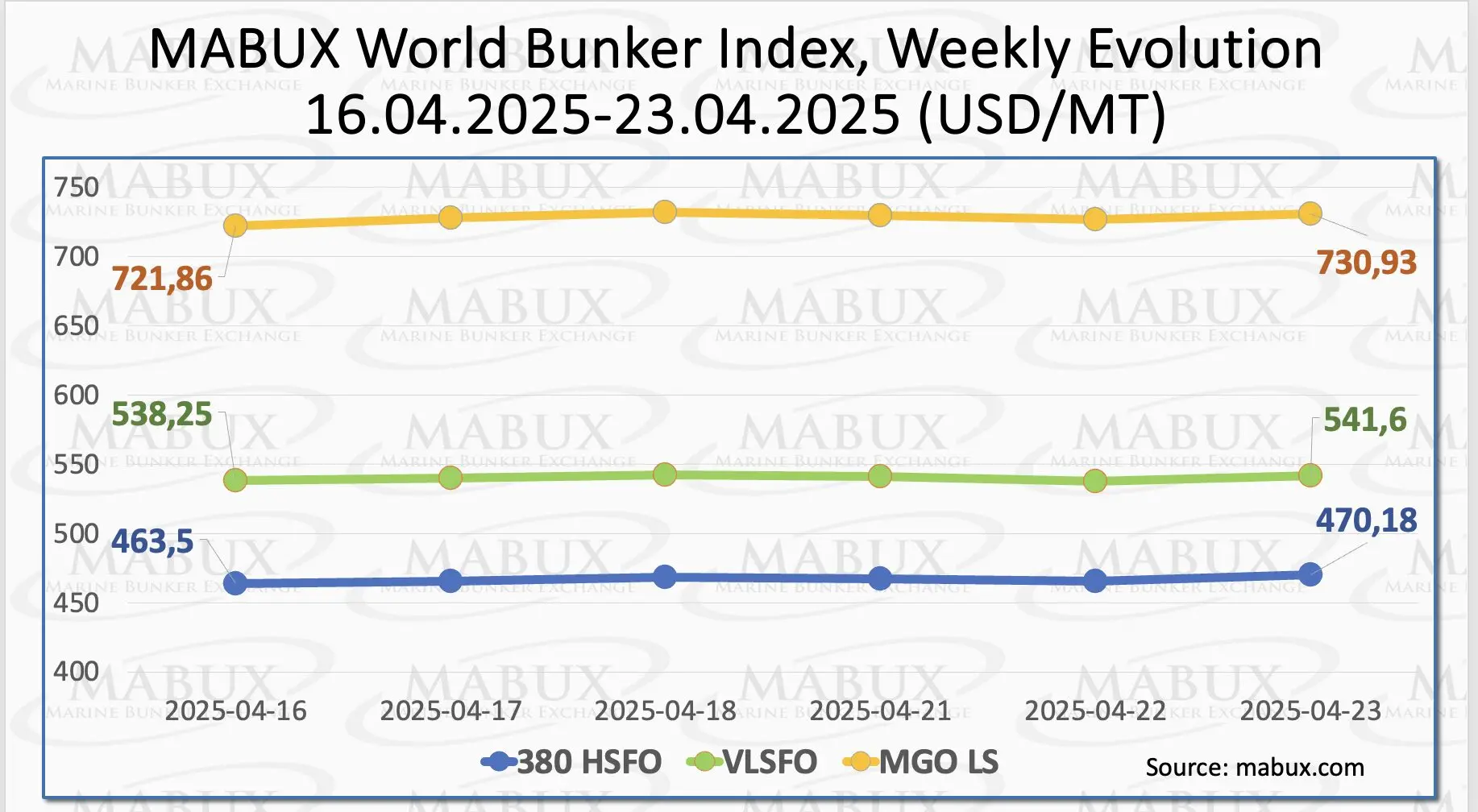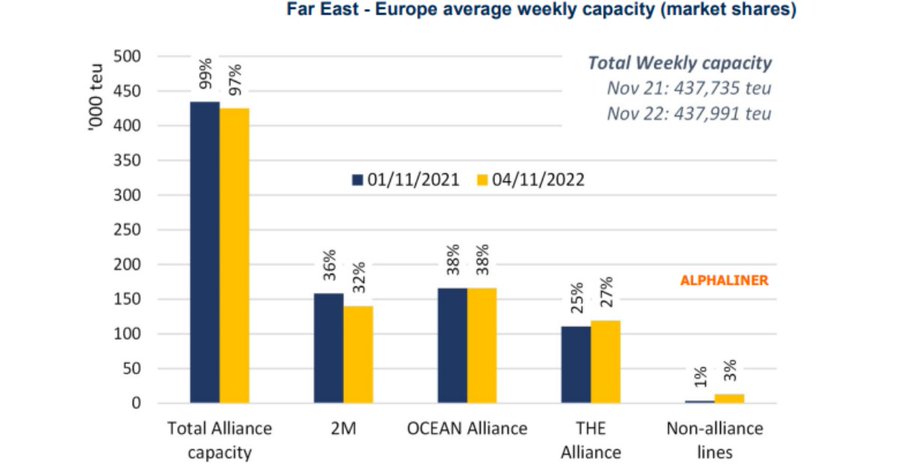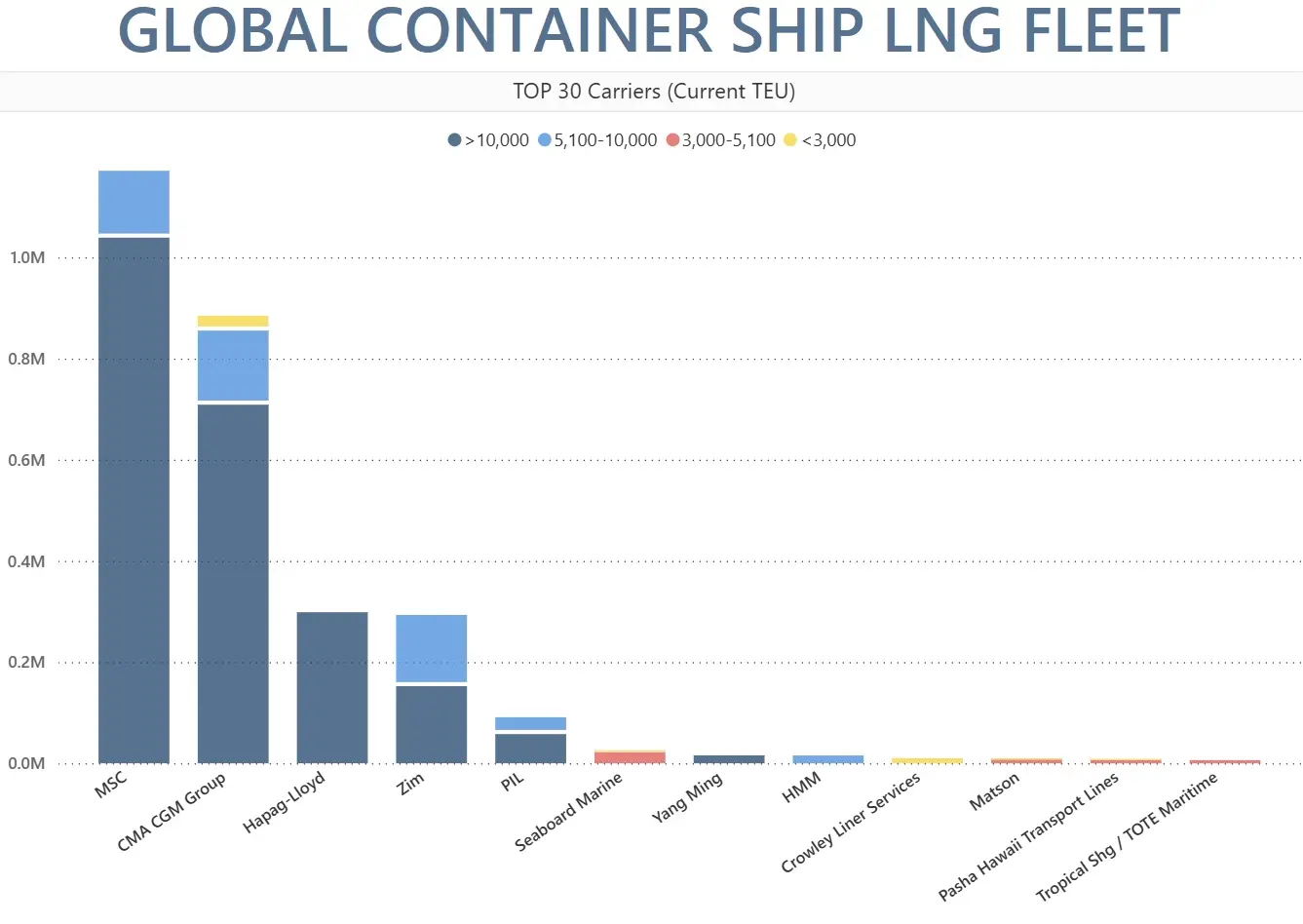
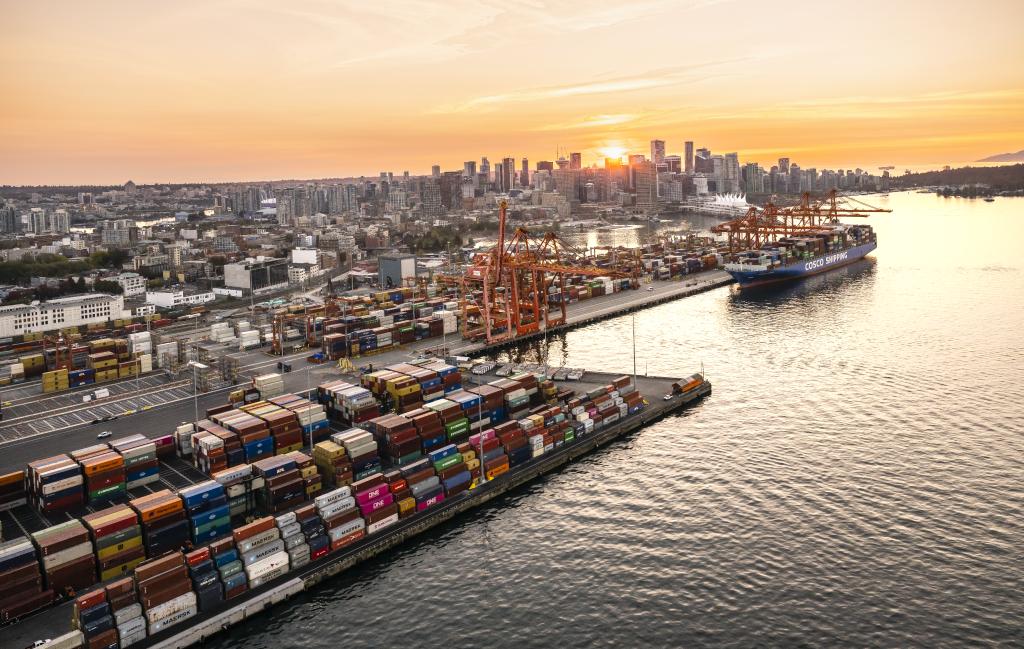
Hamburg, July 3: As around 7500 dock workers representing the International Longshore and Warehouse Union (ILWU) continue with the third day of strike, thereby impacting the two key gateways of international trade – Port of Vancouver and Port of Prince Rupert, the maritime industry prepares for a yet another domino effect all the way up to Asia and to the US, impacting majorly the automobile, container, breakbulk and project cargo business sectors.
According to insights from marine traffic, currently there are 150+ vessels in the port of Vancouver and another 55 vessels are scheduled.
On the other hand, Currently, there are 60+ vessels in the port of Prince Rupert and another 25 vessels are scheduled.
The delays caused by the strike will impact the vessel transit and dwell times at these ports, which could further increase the cost which eventually are often passed on to customers, leading to higher prices for goods.
“The strike could have a significant impact on the ports of Vancouver and Prince Rupert, which are crucial gateways for Canada’s foreign trade, especially with Asia. These ports handle a substantial portion of Canada’s imports and exports.
The disruption caused by the strike can lead to delays, congestion, and inefficiencies in the movement of cargo, affecting various industries and businesses that rely on the smooth functioning of the supply chain.” Christian Roeloffs, Co-founder and CEO of Container xChange
The average container prices at the port of Vancouver continue to slide from $1769 in May 2023 to $1711 in June 2023.
These prices have consistently deteriorated on a month-on-month basis since February 2022 when these peaked at $5460. So far, we do not see a rub off of the strikes on container prices.

Source: Container xChange (Insights)
The cargo volumes at the port of Prince Rupert grew by 2% from 2,115,270 tonnes in May 2022 to 2,158,316 tonnes in May 2023.
With these disruptions, we can expect this growth to get affected negatively in the coming months, depending on the duration of the conflict.
The maritime industry plays a crucial role in global trade, and labor disputes can have significant implications for the regional supply chain.
“Drawing from past experiences, it is essential for both ILWU Canada and BCMEA to engage in constructive dialogue, demonstrating a willingness to address the main issues at hand. Previous labor disputes within the maritime industry have demonstrated that a collaborative approach can lead to mutually beneficial solutions and a return to normal operations.” added Roeloffs.
We stay committed to closely monitoring developments and supports all efforts aimed at achieving a fair and timely resolution to the ongoing labor dispute.
Source: Container xChange

